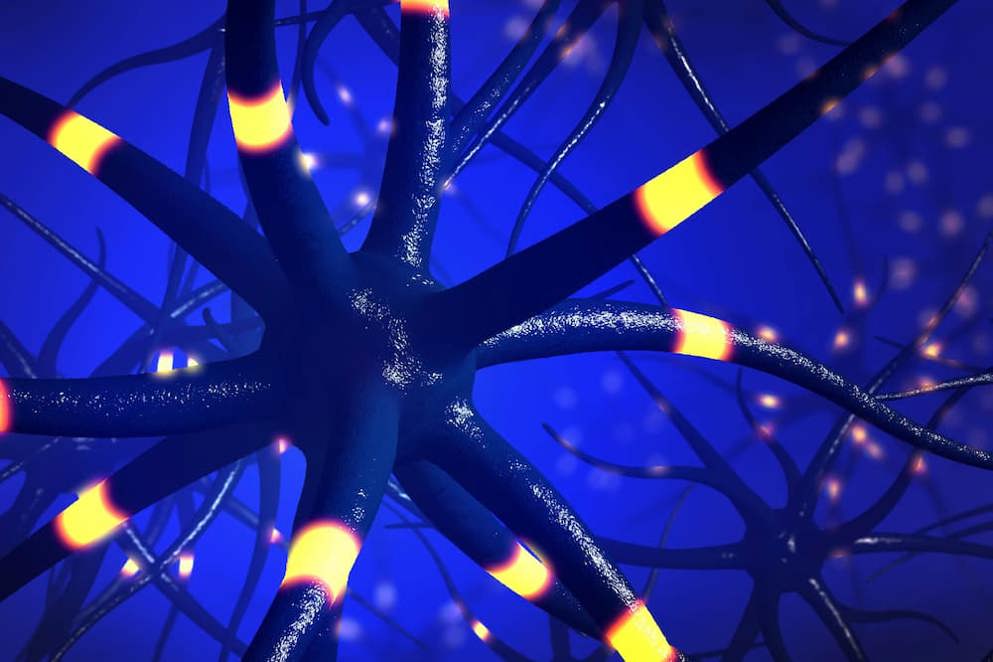Real world evidence from Global MS Base registry supports Tecfidera (dimethyl fumarate) efficacy to treat relapsing-remitting multiple sclerosis.- Biogen
Real-world and clinical evidence demonstrates that Tecfidera (dimethyl fumarate) consistently delivered strong, sustained efficacy in newly-diagnosed and previously treated patients with relapsing-remitting multiple sclerosis (RRMS) and affirms its well-characterized safety profile in patients who have had up to nine years of treatment. Biogen will present these data at the 32nd Congress of the European Committee for Treatment and R.
Using data sourced from the global MSBase registry and propensity score matching, researchers compared relapse rates and discontinuation outcomes in 415 Tecfidera treated patients to those treated with another widely-used disease-modifying therapy (fingolimod, teriflunomide, interferon ? and glatiramer acetate). MSBase is an ongoing, longitudinal, observational registry that includes data from nearly 40,000 MS patients across 72 countries. Real-world evidence from the MSBase analysis shows significant benefits with Tecfidera on time to first relapse relative to interferon ? (26%; hazard ratio [HR] 0.74; 95% confidence interval [CI] 0.57, 0.97), glatiramer acetate (28%; HR 0.72; 95% CI 0.54, 0.95) and teriflunomide (34%; HR 0.66; 95% CI 0.45, 0.99). Time to first relapse between Tecfidera and fingolimod was similar.
The MSBase analysis also evaluated two secondary endpoints, annualized relapse rate (ARR) and treatment persistence. Longer follow-up of Tecfiderain the real-world setting will strengthen this analysis and may clarify the effects seen on ARR across treatment groups. An increase of treatment discontinuation with Tecfidera relative to fingolimod and interferon was also observed. A separate real-world retrospective analysis of Tecfidera patients presented at ECTRIMS suggests that providing patient coaching can offer a potentially effective means to reduce treatment discontinuations.

